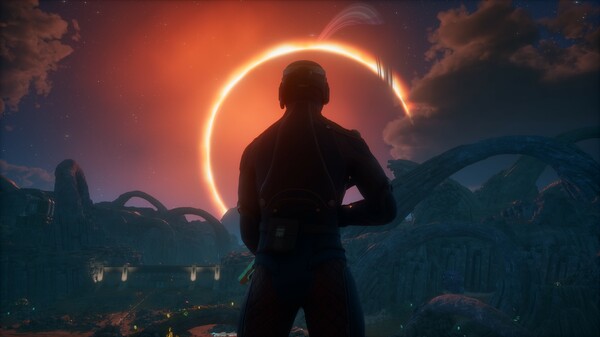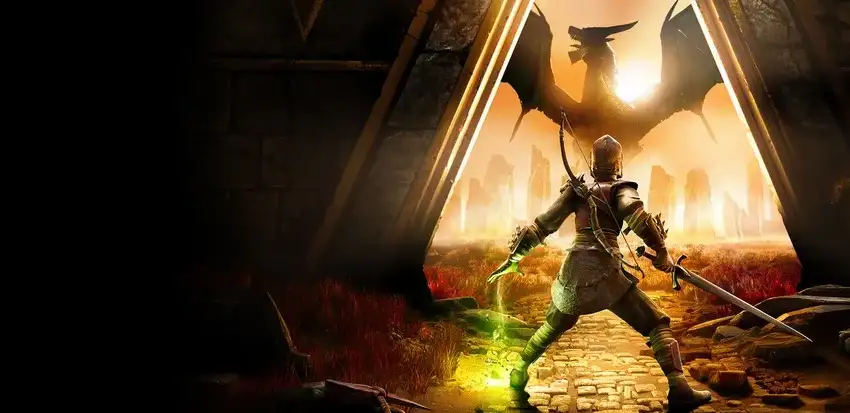Although Microsoft has not officially declared the end of physical Xbox games, the company is unmistakably shifting away from traditional disc-based distribution in favor of digital delivery. One of the strongest indicators of this shift came in early 2024, when Microsoft quietly shut down its internal department responsible for managing physical game releases. This move was part of a broader round of layoffs within the Xbox division and marked a significant turning point in how the company handles its retail strategy.

The closure of Xbox’s physical retail team doesn’t necessarily mean the end of game discs altogether, but it does signal that Microsoft is no longer prioritizing in-house production of physical editions. Instead, any future physical releases for Xbox Series X or Xbox One will likely be handled through third-party partners, or reserved for special or limited collector’s editions where demand justifies the added cost. Microsoft leadership, including Xbox head Phil Spencer, has confirmed that disc-based games are still possible, but they are now seen as optional rather than standard.
Microsoft has reportedly shut down departments responsible for bringing physical Xbox games to retail: https://t.co/8yGF5LnSCI
— TrueAchievements (@TrueAchievement) January 26, 2024
This internal shift aligns with a growing trend: more and more Xbox games are being sold as “code in a box.” These retail products are packaged just like traditional physical games—with box art and a presence on store shelves—but instead of including a physical disc, they contain a digital download code. Major Xbox titles following this model include Avowed, Microsoft Flight Simulator 2024, The Outer Worlds 2, Hellblade II: Senua’s Saga, and Ghostwire: Tokyo. Even Ninja Gaiden: Master Collection, which received full disc releases on PlayStation and Nintendo Switch, was only made available as a code-in-box version for Xbox. In some cases, like with Halo Infinite, physical discs were initially limited or region-dependent, reinforcing Xbox’s increasingly digital-first approach.
 The gaming industry as a whole is moving in a similar direction. Physical game sales have declined sharply in the last decade—dropping by more than 50% since 2021 and currently sitting at less than 15% of their peak from 2008. This trend has been accelerated by the growing popularity of subscription services like Xbox Game Pass and the widespread availability of high-speed internet, which makes digital downloads more accessible than ever.
The gaming industry as a whole is moving in a similar direction. Physical game sales have declined sharply in the last decade—dropping by more than 50% since 2021 and currently sitting at less than 15% of their peak from 2008. This trend has been accelerated by the growing popularity of subscription services like Xbox Game Pass and the widespread availability of high-speed internet, which makes digital downloads more accessible than ever.
Microsoft’s own hardware strategy reflects this shift as well. The all-digital Xbox Series S and the upcoming revision of the Xbox Series X—expected to drop the disc drive entirely—clearly support a future where most Xbox games are downloaded rather than purchased in physical form. While Microsoft has stated there are no minimum volume requirements for physical disc production, meaning developers can still offer disc versions if they choose, it’s increasingly likely that standard retail copies will default to digital-only formats.
 In contrast, competitors like Sony and Nintendo continue to support physical media more robustly. Sony offers both disc and digital-only models of the PlayStation 5 and is working on an external disc drive for its digital model. Nintendo maintains strong physical sales thanks to the cartridge-based format of the Nintendo Switch, which remains especially popular with families and collectors.
In contrast, competitors like Sony and Nintendo continue to support physical media more robustly. Sony offers both disc and digital-only models of the PlayStation 5 and is working on an external disc drive for its digital model. Nintendo maintains strong physical sales thanks to the cartridge-based format of the Nintendo Switch, which remains especially popular with families and collectors.
While Microsoft hasn’t officially ended physical game production for Xbox, the closure of its internal physical retail department and the rise of code-in-a-box releases mark a decisive shift toward digital distribution. With fewer Xbox games coming on disc and more launching as download-only titles, the future of physical Xbox games now depends on third-party demand and collector interest.

If you’re a gamer who prefers disc-based games for reasons like resale value, long-term ownership, or offline access, Xbox may offer fewer options going forward. For now, digital is the default, and physical games on Xbox are quickly becoming the exception rather than the rule.


